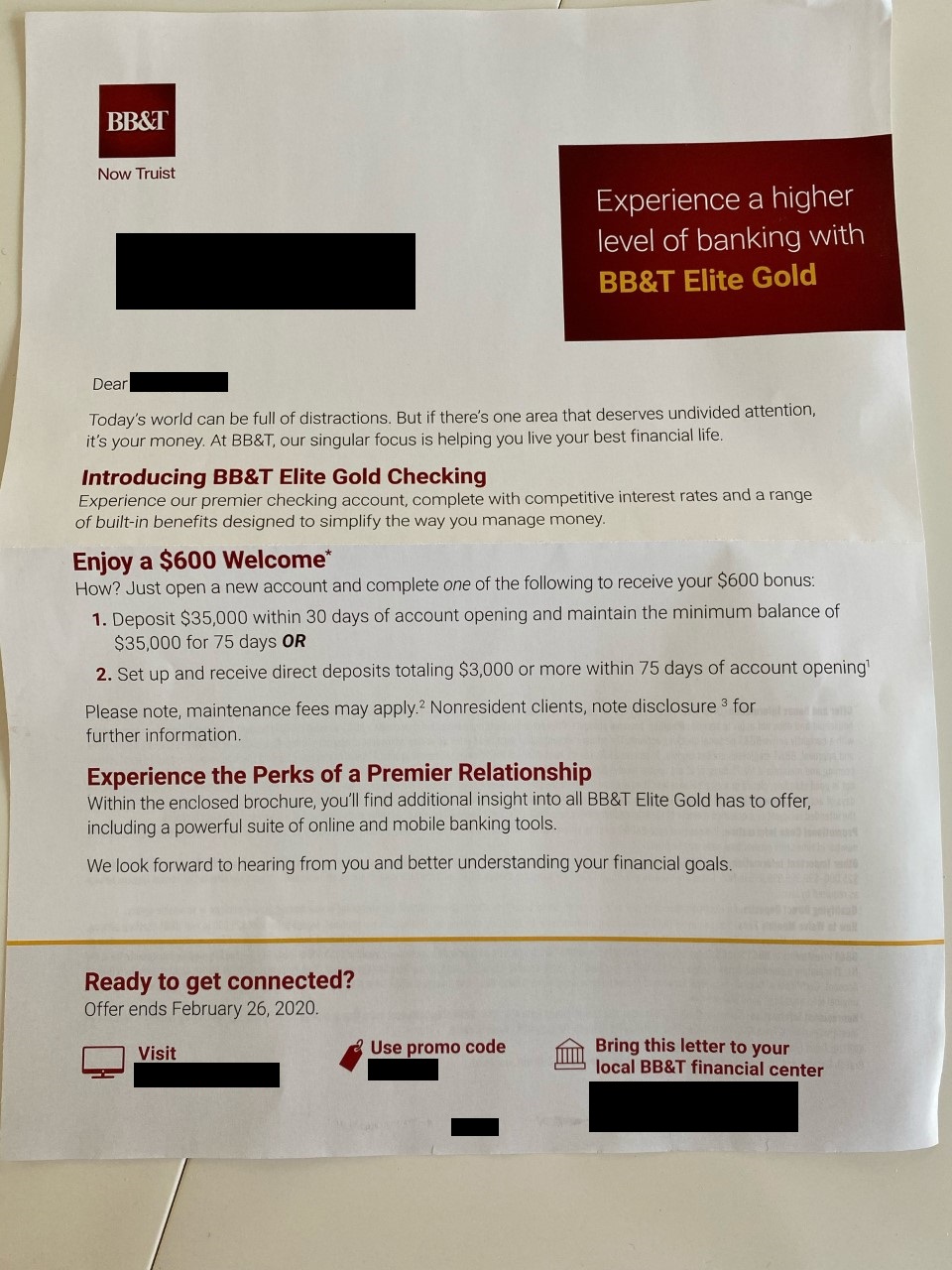
For more details, please see our discussion of volatility in our Septeminsight, “Canadian Banks: Mean-Reversion Strategy for Higher Returns/Lower Risk”. Mid-Cap Banks are Easier to Acquire (than 10 Years Ago) December 8, 2016ġ00 Bank Mergers (Three Years Later) November 25, 2015 Other Hamilton Capital Insights on U.S Bank Consolidation:Ĭanadian Banks: Why U.S. As a result, in the coming years, the Canadian banks have some very important decisions to make, with meaningful implications for investors. platforms will participate as the strategic implications of standing by and watching the market consolidate are too significant. bank consolidation accelerates, we believe the four Canadian banks with U.S. As a result, we believe that of all of the Canadian banks, RY has the lowest U.S. bank acquisition risk: The idiosyncratic nature of City National (ultra-wealthy clientele, targeted customer base) makes it less vulnerable to further market concentration. That said, we believe growth through acquisitions will remain a strategic priority for both banks. BMO, CM have (a bit) more flexibility: While we anticipate BMO and CM will make further acquisitions in the near to medium-term, in our view, they have more flexibility on timing given that the Midwest MSAs in which they compete are more fragmented.Given that TD’s Southeast platform was established through the acquisition of failed/failing banks during the financial crisis, upgrading this platform is almost certainly an important strategic priority. Given TD’s focus on the Southeast and the fact that the BBT/STI deal could precipitate further regional consolidation, TD could be prompted to become more aggressive in either the timing or size of its next deal. deal in 2019 (how big will it go?): Even before the BBT/STI announcement, there were signs that TD was the most likely Canadian bank to make a (possibly) large acquisition in 2019. Because Canadian banks have routinely experienced multiple compression/underperformance relative to their peers after making acquisitions, we believe acquisition risk has risen. This may in turn cause them to pull forward any expansion plans. Moving acquisition plans forward = higher acquisition risk: The management teams of the Canadian banks are no doubt aware that after a very long period of limited deal activity, the sheer size/significance of the BBT/STI merger could catalyze an acceleration in M&A activity.For obvious reasons, Canadian banks cannot participate in MOE transactions, meaning any acquisitions they make will necessarily involve paying the target shareholders takeover premiums. investors favour this deal structure since: (a) it allows for more balanced sharing of the economic benefits/synergies, and (b) lower premiums reduce deal risk. A BBT/STI-like MOE not an option Canadian banks will pay premiums: The positive market reaction to STI/BBT merger cannot be assumed for the Canadian banks since it was a merger-of-equals.bank consolidation, we believe the following to be key implications for the Canadian banks: bank deal in a decade – indicates an acceleration of U.S. If the BBT/STI merger-of-equals (“MOE”) – the largest U.S. If we are correct, such activity will impact share performance making their decisions on how fast and how much to grow through M&A significant to investors. commercial banking platforms – BMO, CM, RY and TD – will seek to support the growth of these platforms with further acquisitions. We believe the four Canadian banks with U.S. įive Takeaways to the Canadian Banks from Accelerating U.S.

This could be a positive for HCB – relative to the index or an equal-weighted portfolio – should the sector’s long-term historical mean reversion tendencies persist.

bank acquisitions of the Canadian banks could result in increased volatility. Our Hamilton Capital Canadian Bank Variable-Weight ETF (ticker: HCB), which employs a rules-based mean reversion strategy, owns all of the Big-6 Canadian banks. ~15% (8 banks) of Hamilton Capital Global Financials Yield ETF (ticker: HFY).45% (~20 mid-cap banks) of Hamilton Capital Global Bank ETF (ticker: HBG) and.

Mid-Cap Financials ETF (USD) (ticker: HFMU.U) invested in 40 mid-cap banks Of note, the Hamilton Capital ETFs have meaningful exposure to U.S.


 0 kommentar(er)
0 kommentar(er)
